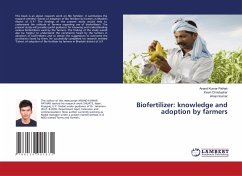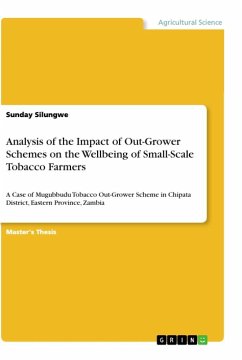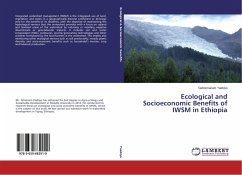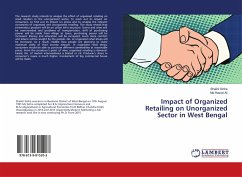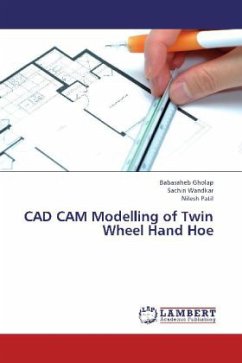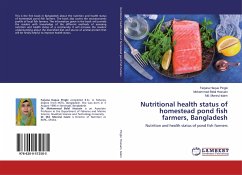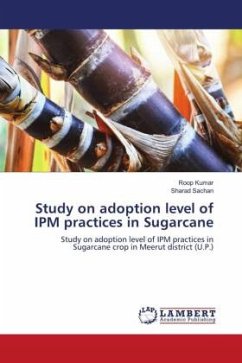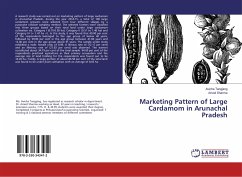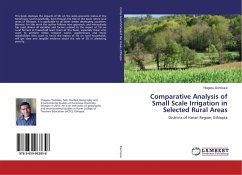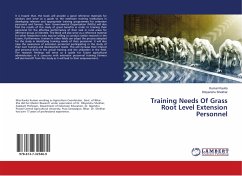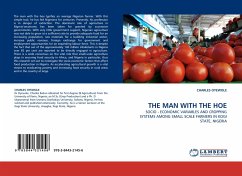
THE MAN WITH THE HOE
SOCIO - ECONOMIC VARIABLES AND CROPPING SYSTEMS AMONG SMALL SCALE FARMERS IN KOGI STATE, NIGERIA
Versandkostenfrei!
Versandfertig in 6-10 Tagen
32,99 €
inkl. MwSt.

PAYBACK Punkte
16 °P sammeln!
The man with the hoe typifies an average Nigerian farmer. With this simple tool, he has fed Nigerians for centuries. Presently, his profession is in danger of extinction. The dominant role of agriculture in Nigeria'seconomy has been taken for granted by successive governments. With very little government support, Nigerian agriculture was not able to grow at a sufficient rate to provide adequate food for an increasing population, raw materials for a budding industrial sector, increase public revenue, foreign exchange for government and employment opportunities for an expanding labour force. Thi...
The man with the hoe typifies an average Nigerian farmer. With this simple tool, he has fed Nigerians for centuries. Presently, his profession is in danger of extinction. The dominant role of agriculture in Nigeria'seconomy has been taken for granted by successive governments. With very little government support, Nigerian agriculture was not able to grow at a sufficient rate to provide adequate food for an increasing population, raw materials for a budding industrial sector, increase public revenue, foreign exchange for government and employment opportunities for an expanding labour force. This is despite the fact that out of the approximately 140 million inhabitants in Nigeria over 65 per cent are reported to be directly engaged in agriculture. There is a wide consensus on the vital role that small-scale agriculture plays in ensuring food security in Africa, and Nigeria in particular, thus this research set out to nvestigate the socio-economic factors that affect food productionin Nigeria. As accelerating agricultural growth is a vital means to eradicating poverty and increasing food security in rural areas and in the country at large.



